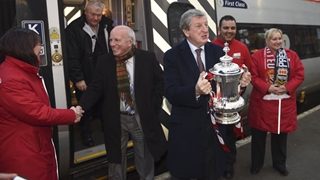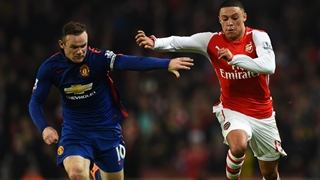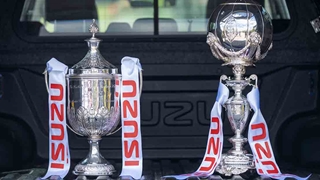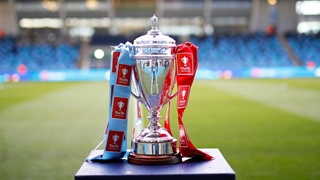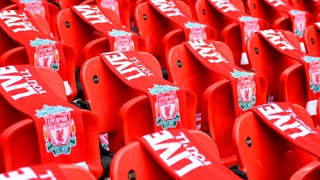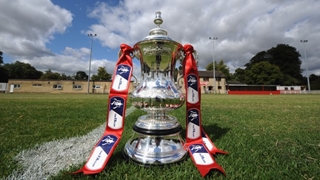
The new FA Cup competition was the brainchild of FA honorary secretary Charles Alcock, who remembered the knockout cup that he had played in at Harrow School.
His proposal "That it is desirable that a Challenge Cup should be established in connection with the Association for which all clubs belonging to the Association should be invited to compete" was unanimously supported by the FA Committee on 20 July 1871.
Only 15 clubs entered and the first ties were played on 11 November. After byes and walkovers, and with a total of just eleven matches played, four clubs – Crystal Palace, Queen’s Park (Glasgow), Royal Engineers and Wanderers – lined-up in The Cup’s first Semi-Finals.
Both matches were played at Kennington Oval in London, now famous as a cricket ground. In the first, played on 17 February, the Royal Engineers and Crystal Palace played out a 0-0 draw.
The Engineers won the replay 3-0, again at the Oval, three weeks later.
In the other Semi-Final, Wanderers drew 0-0 with Queen’s Park and advanced to The Final because the Scotsmen couldn’t afford to return to London for a replay.
Wanderers won The Cup, presented three weeks after their victory, with Morton Betts’ goal proving decisive before a 2,000 Oval crowd who each paid a shilling (five pence) to see the historic fixture.
The ‘Crystal Palace’ who made the last four in the competition’s debut season all those years ago is not the same club that currently plays in the Premier League. Formed in 1861, it was one of The FA’s founder member clubs two years later and last entered The Cup in 1875.




